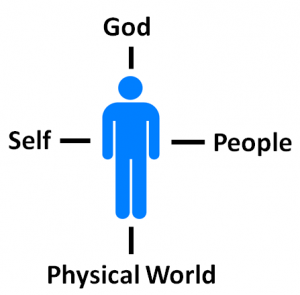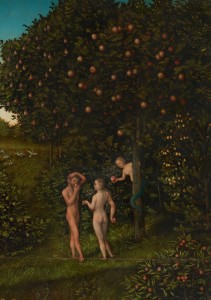BLOG AT YWAM HARPENDEN
Truth and Transformation: About poverty
Looking at global statistics it is evident that we live in a world of considerable poverty: with approximately 1 billion people going to bed hungry, 2.5 billion without adequate sanitation, and 3 billion living on less than $2.50 per day it is clear that life is very difficult for many.
Much effort has been made to reduce poverty and yet the problem persists. Why is this? Perhaps some of the problem is in our thinking; here are 3 ideas that might challenge your view of poverty:
1. Poverty is not just a lack of stuff.
Physical poverty is like the tip of an iceberg, it is the visible part we can see – but it represents a much greater mass of ice below the water line. If we only treat poverty as a lack of stuff we completely miss the bigger picture.
 In his book “Walking With the Poor”, Bryant Myers suggests poverty is best modelled by the concept of “broken relationships”. If we start at the beginning in Genesis we can see man was designed for perfect relationship with God, others, the physical world and our own “self”. When these relationships are intact we thrive, we are living as God intended – when these relationships are broken we are living in poverty. This model stops poverty being a label applied to others and instead makes it a complex and holistic problem we all share. A problem that we are all powerless to overcome without Jesus.
In his book “Walking With the Poor”, Bryant Myers suggests poverty is best modelled by the concept of “broken relationships”. If we start at the beginning in Genesis we can see man was designed for perfect relationship with God, others, the physical world and our own “self”. When these relationships are intact we thrive, we are living as God intended – when these relationships are broken we are living in poverty. This model stops poverty being a label applied to others and instead makes it a complex and holistic problem we all share. A problem that we are all powerless to overcome without Jesus.
Spoken word poet Micah Bournes addresses this topic eloquently in his poem, “Who Broke Africa?”, a line of which I will share here:
“Might African youth have greater joy with a beat-up soccer ball, than we do with flat screens, laptops, new shoes, and a hundred shirts we never wear, hanging in a closet full of things we thought would make us happy?”
2. Poverty is sustained and rooted in Lies
 If poverty is about broken relationships, than it follows that poverty began with a lie. It began when Adam and Eve listened to the serpent and doubted the truthfulness and goodness of God. They did what they thought was best rather than trusting in God, and as a result poverty entered the perfect world God made for us.
If poverty is about broken relationships, than it follows that poverty began with a lie. It began when Adam and Eve listened to the serpent and doubted the truthfulness and goodness of God. They did what they thought was best rather than trusting in God, and as a result poverty entered the perfect world God made for us.
Poverty continues in this vein today. In the book of John in the Bible, Jesus describes Satan as a thief seeking to “steal, kill and destroy” and as “the father of lies”. Satan understands that ideas have consequences, and he uses lies to distort our relationship with God, other people, the physical world and our own “self”. These faulty beliefs and broken relationships result in issues such as greed, corruption, fatalism, hopelessness, injustice, laziness, and apathy – which in turn ensnare people in poverty. Poverty is no accident, and without a biblical worldview the world cannot understand it. Thus, the world does not have the answer to poverty – it does not even understand the problem.
3. Poverty ends with the truth
If poverty entered the world with a lie, it must leave with the truth. The truth is we are created by God, freed from the power of sin, adopted as sons and daughters, loved beyond measure and tasked with the purpose of bringing Gods Kingdom on Earth. When we align ourselves with the truth, we cannot remain in a state of broken relationships – we change from the inside out.
Make no mistake, we are called to love others – and that most certainly includes physical help, but to see transformation we must also bring truth!
Images: Photo by György Király (public domain), Graphic by Keri Fishlock, Picture: The Fall of Man by Lucas Cranach


0 Comments